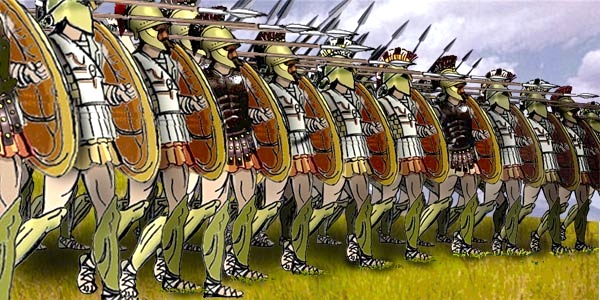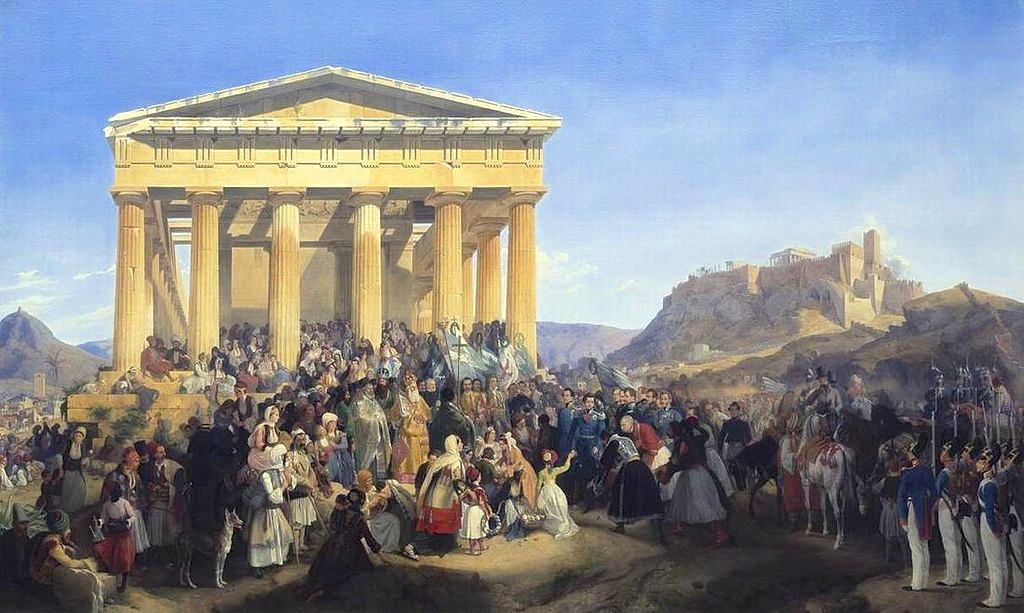The concept of citizenship first arose in cities of ancient Greece, roughly 1000 years ago long before the Romans expanded the use citizenship within the empire. The Romans offered free movement to all of its citizens within the empire, which was equivalent to modern day schengen area.
Slavery motivating force for the development of the Greek sense of citizenship, which arose from an appreciation for the importance of freedom.
Greek form of citizenship known as “Polis citizenship” generally applied to property owners but not to women, slaves, or the poorer members of the community.
To the ancients, citizenship was a bond between a person and the city-state. Before Greek times, a person was generally connected to a tribe or kin-group such as an extended family, but citizenship added a layer to these ties—a non-kinship bond between the person and the state
A citizen in a Greek city-state was entitled to vote and was liable to taxation and military service.
The Greek sense of the Polis (citizens body or group), in which citizenship and the rule of law prevailed, was an important strategic advantage for the Greeks during their wars with Persia. Greeks were willing to live, fight, and die for their poleis
The Greek sense of citizenship may have arisen from military necessity, since a key military formation demanded cohesion and commitment by each particular soldier.
The Greek-style phalanx required close cohesion, since each soldier’s shield protected the soldier to his left and fight as single unit. Many thinkers link the phalanx to the development of citizenship.

Today, Citizenship is the most privileged form of nationality.
But what exactly is the difference between nationality vs citizenship?
- The nationality is an ethnic or racial concept. On the other hand, citizenship is a legal or juristic concept.
- The nationality of a person indicates his/her place or country of birth while the citizenship of a person shows that the individual is registered as a citizen by the government of the respective country.
Today foreign property owners receive the privilege of golden visa with permanent residence rights in Greece with path to citizenship.
The World Passport Museum
The World Passport Museum is planned for opening on or after 2021 as a non-profit organization dedicated to preserving history.

The museum aims to exhibit rare masterpieces of passports and identity papers of great historical importance in cooperation with other museums and national archives from over 100 countries.
The museum is currently a startup and seeks small donations or contributions from public. We ask public to donate any historical identity papers to museum. We offer credit to donors.
The museum will accept small donations and contributions from the public.
Please visit: http://passportmuseum.org





